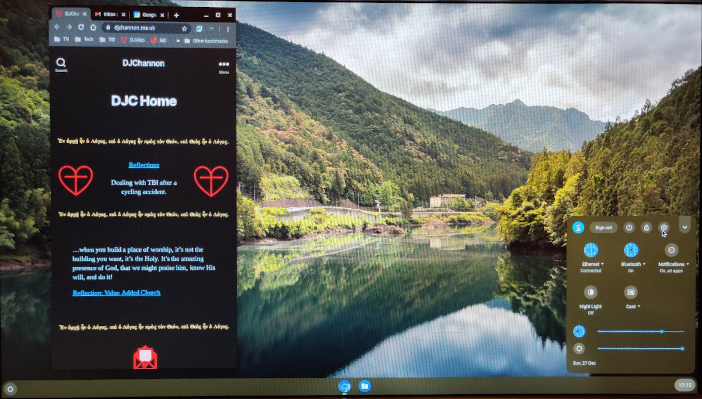New Operating Systems January 2021

Happy new year! It’s a positive wish for the future irrespective of past. Beginnings and endings are mixed up and interrelated. Some endings are beginnings, some beginnings are endings. Our membership of the EU is over, so now we must learn how best to function within new operating systems.
Traumatic brain injury forced a new start in my life with the requirement to operate within more limited capacity. I have had to experience some painful endings, such as my job. There is a new beginning here too.
Recent experience personally and awareness globally has opened my eyes to the realisation that the systems and structures upon which life’s decisions are built, can collapse in an instant.
Computers also function within rule-based frameworks and low-level software called an Operating System (OS) schedules tasks, controls events and peripherals to provide a particular experience to users. The OS is sat on a (BIOS) Basic Input Output System. To thrive, compatible programs must comply with their context.
For many years computer Central Processing Units (CPUs) and Operating Systems (OS) have fascinated me. I have even become so loyal to one OS or CPU that I started to see others as no more than competition. Their weaknesses made me smug about my choice.
I’ve even got a T-shirt for this nonsensical unhelpful allegiance. Allegiance to a football club, country or Union of countries (United or otherwise) can promote a false and selfish perspective of reality.
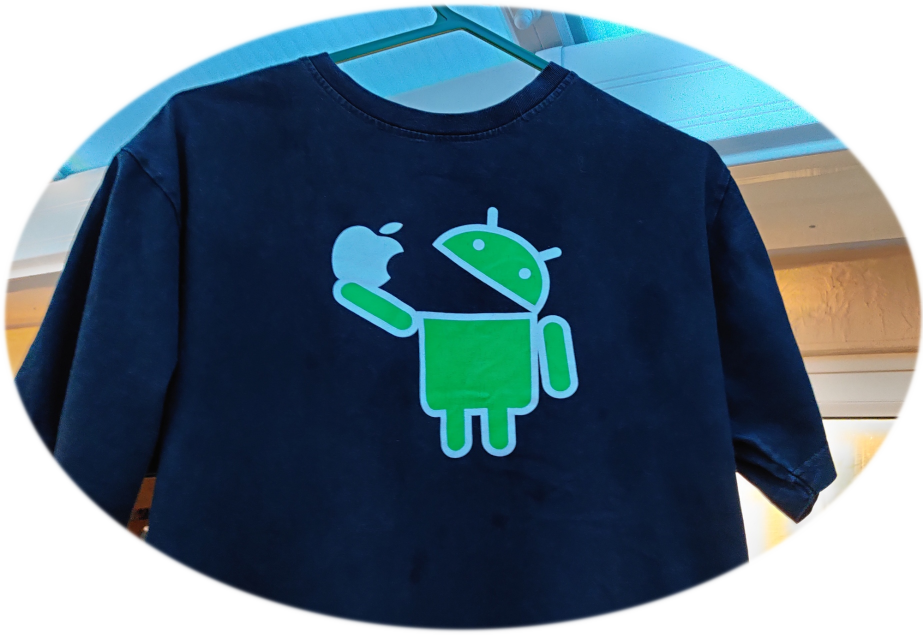
Allegiance is a powerful force and separation can be hard even if there might be rational reasoning behind it. Life changes, the world moves on. We can’t stop that.
My first CPU loyalty was to the Z80 processor, in comparison to the 6502 used on competitive machines at the time. I still have my Z80 based ZX Spectrum from the 80’s, Microdrive and all.
I wrote a dissertation for my degree on a Z80 based Amstrad PCW computer in the 90’s. I even learned an assembler programming language to compile code for the Z80 directly. I was committed.

But then I became an ARM processor fanboy and started to experience my first OS with a windows style Graphical User Interface. Decades later, I still have my Acorn Arm based RISC OS, RISC PC which succeeded my Archimedes A420 which, unlike the A3000 in my classroom, had a hard drive as well as a floppy disc.
To me the floppy was itself advanced technology having previously loaded programs via a cassette recorder. A hard drive was real luxury. The Reduced Instruction Set Computers (RISC) started an amazing ARM growth journey from Cambridge in the 80’s.
The ARM processor became the Strong ARM as part of its evolution. Strong ARM? Where did Samson’s allegiance and loyalty lie. He got tied up, quite literally, in tribal rivalry, allegiances and retribution. His selfish attraction to worldly desires got him in trouble despite his Strong Arms. (Judges 16:12) Should we learn from his demise?
I played with DOS and Windows 3 but only because they were in the school office. Now it was ARM v x86, Microsoft Windows v Acorn RISC OS in my head.
In 1995 I played with Microsoft Windows more seriously and Windows became my daily device for work for decades. I’m now on the Microsoft Windows Insider Program.
ARM as a desktop processor was mainstream relegated although it became the chosen device for many mobile phones including hardware for Android and iPhones.
But now Apple, Microsoft and Google… are developing ARM software for desktops. My desktop ARM allegiance remains, we’re now in the Premier League.
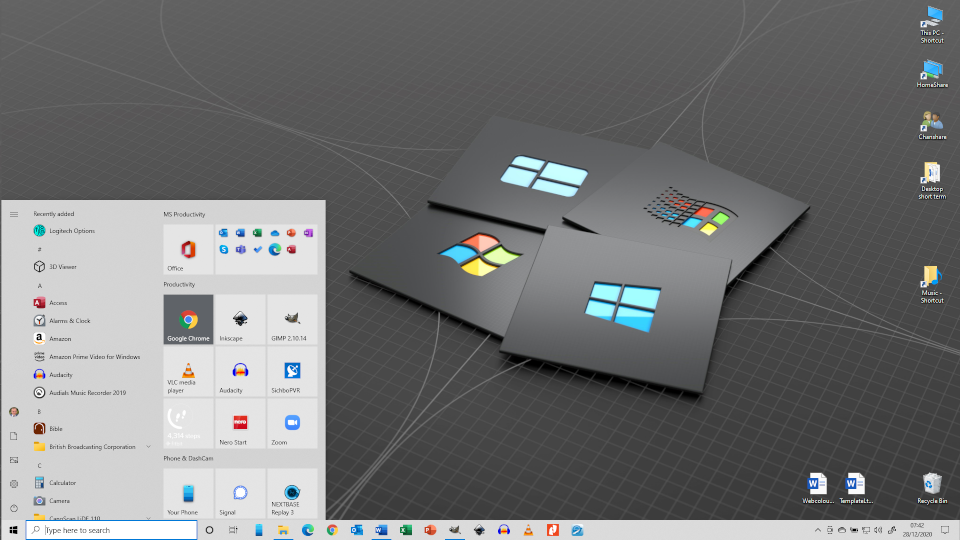
In my head Apple was always for posh people who also bought BMWs. (Prejudice can work in both directions.) I’d started to play with various free Linux distributions and thought these were great.
I bought a £30 Raspberry Pi motherboard computer and ran Linux, RISC OS and others on that. No BMW for me.
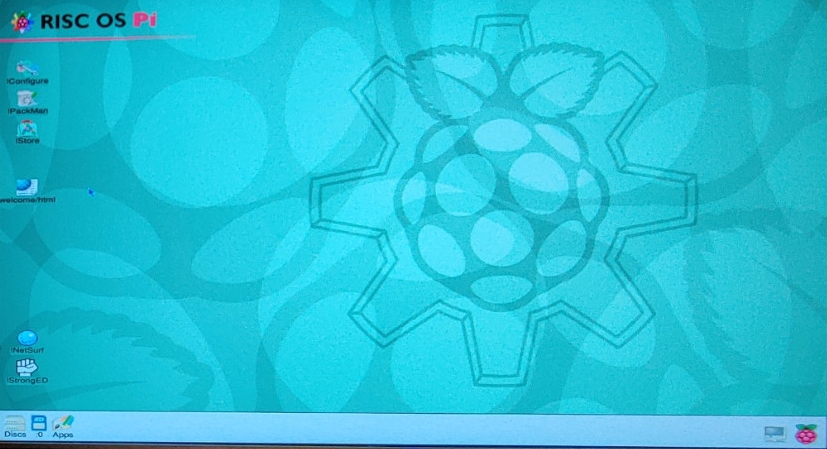
Friends and colleagues were therefore amazed that this Christmas I bought a Mac Mini M1 with Apple Silicon. Why? Well, it has a System On a Chip design that now includes ARM technology. That’s Champions league stuff for ARM.
x86 chips are being challenged with my old ARM friend coming back to mainstream desktops in a significantly updated and powerful form. My football fan mentality remains. Big Sur on my Apple is very likeable and may become a favourite! Nothing man made is perfect, but my son thinks I need a new T-Shirt.
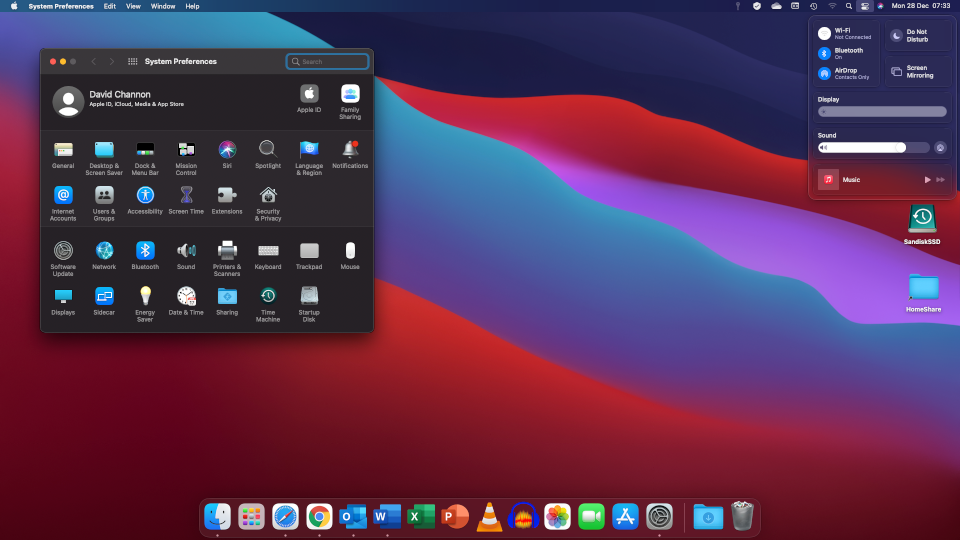
Fanboys say a lot of nonsense to favour their side. I read that Apple and Linux computers do not need Antivirus (AV) software. The same web page also told me that you don’t need contraception if you don’t do pregnancy tests. www.what.web.wisdom.
Mac OS and Linux may be better locked down than MS Windows, but I have AV software on all my installations. It’s not just there for me either. I would not want to spread a computer virus even if it only infects a different OS to the one I’m using when we virtually connect. I will also have the Covid 19 vaccine personally when available.
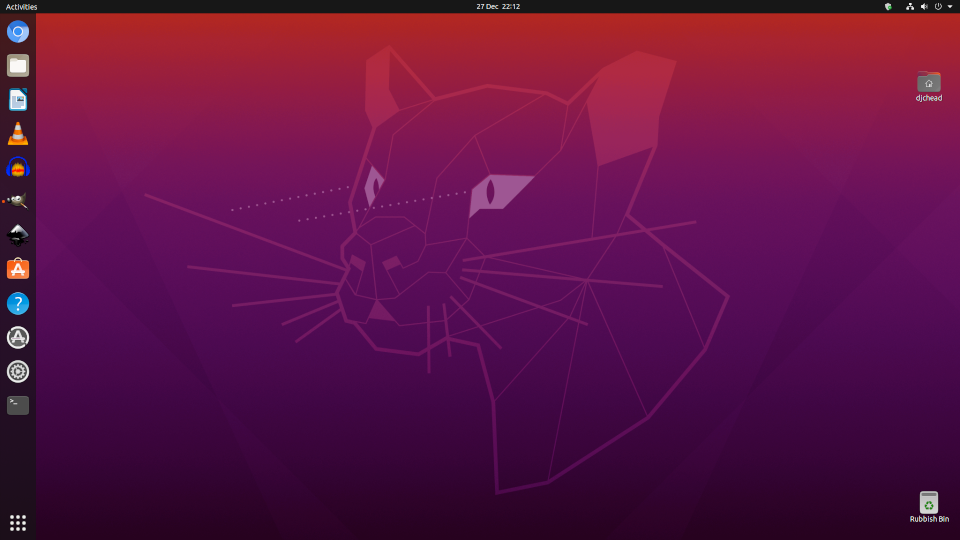
Keeping open minded about options can be a struggle when you start to feel committed to one man made union, device or approach. In terms of desktop operating systems, I think they now have so very much in common.
I have some of my favourite programs (GNOME, Inkscape, VLC, Audacity…) installed on Linux (Ubuntu), Mac OS (Big Sur) and Windows 10. There is even a version of Microsoft Windows OS and MS Office for ARM as well as x86 CPUs.
Do our countries play as nicely? Competition and difference is a good thing provided we don’t lose sight of mutual support and the benefit of working together.
Hardware and software systems are better through interoperability with others. It’s possible to freely import and export between environments using different rule-based systems using products packaged with an agreed specification. A whole variety of transmission routes can be used, wired, wireless, physically or otherwise. There are so many agreed file formats for text, images, film and music.
A new normal for all. People working from home have opened new opportunities for computer technology. New ways of working with and even developing information technology (IT) systems are likely to thrive beyond the Covid measures. IT should always be driven by the needs of people rather than machines.
In the cloud you don’t always need programs installed when they are available via an internet browser.
My latest keyboard and mouse can drag files from the desktop screen of one computer to the screen and desktop of another on the same network, even when they have a different OS. Not just a dual screen drag and drop on the same computer as done by so many. I can use it for my Windows 10 and Big Sur Mac OS machines that are next to one another in my office because I like the best of both.
I now realise that its possible to enjoy working with more than one operating system! Surely Covid 19 has demonstrated the necessity of working together irrespective of our context. There can be a huge difference between what we work for, and what we live for.
If religion or even a Christian denomination was an operating system for life, which one is yours?
Am I back to football fan mentality again? How does this approach help our union with the creator God. Our God wants to be with the people He loves. He is well beyond man made small print. The devil is indeed often in the unnecessary and selfish detail we add.
For me; to focus on religious activity alone is a, “No”. Relationship as described and lived by His Word, “Yes”.
I conclude with Chromium. This OS is very reliant on the internet cloud. This is the Cloudready version. I don’t have a Chromebook.
Are we cloud ready, working with God, or are we gambling with an ever-changing uncertain future? I’m starting to rely more on the steadfast and permanent love of God as the only sure foundation to build for the now, and the forever.
